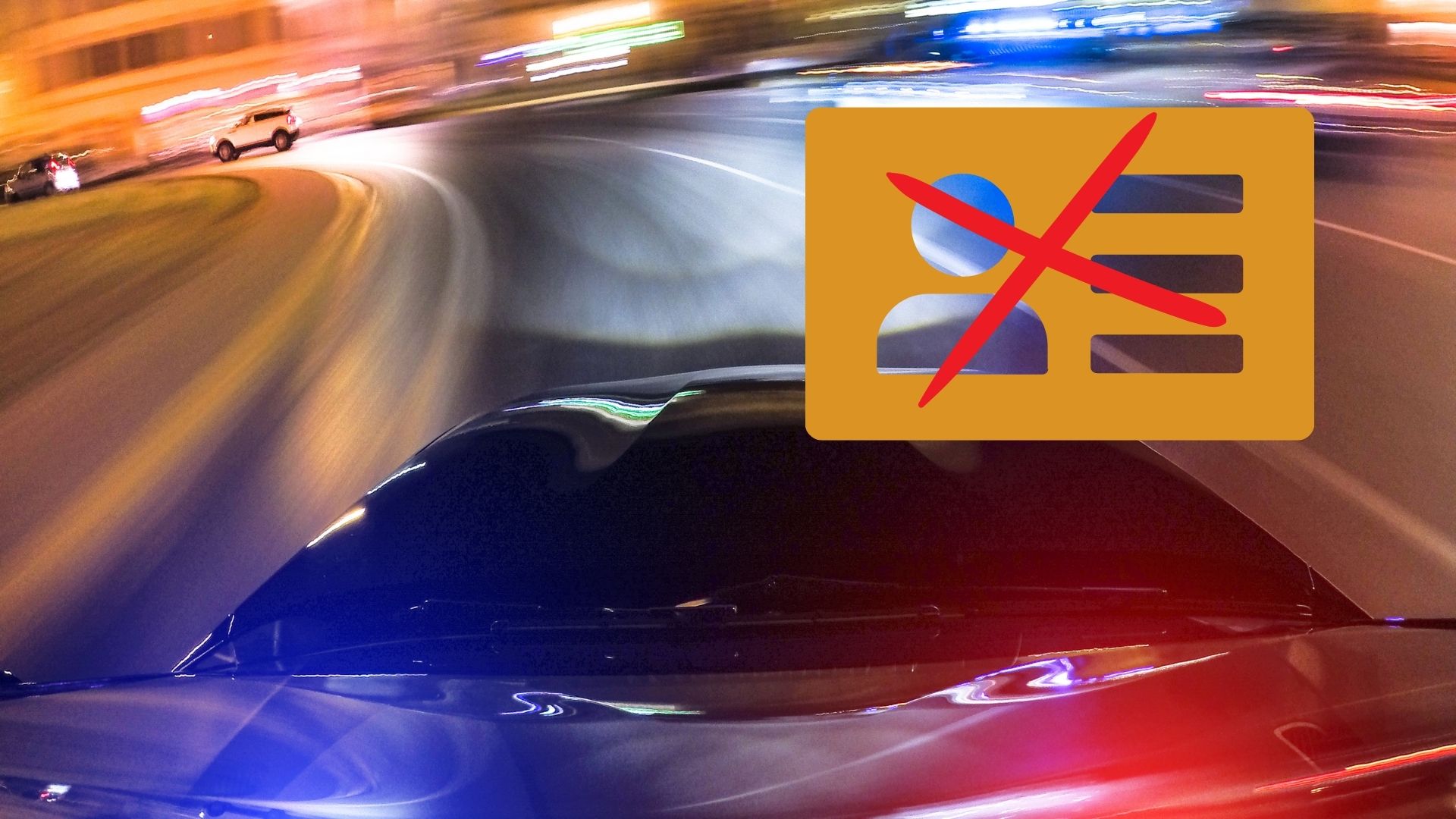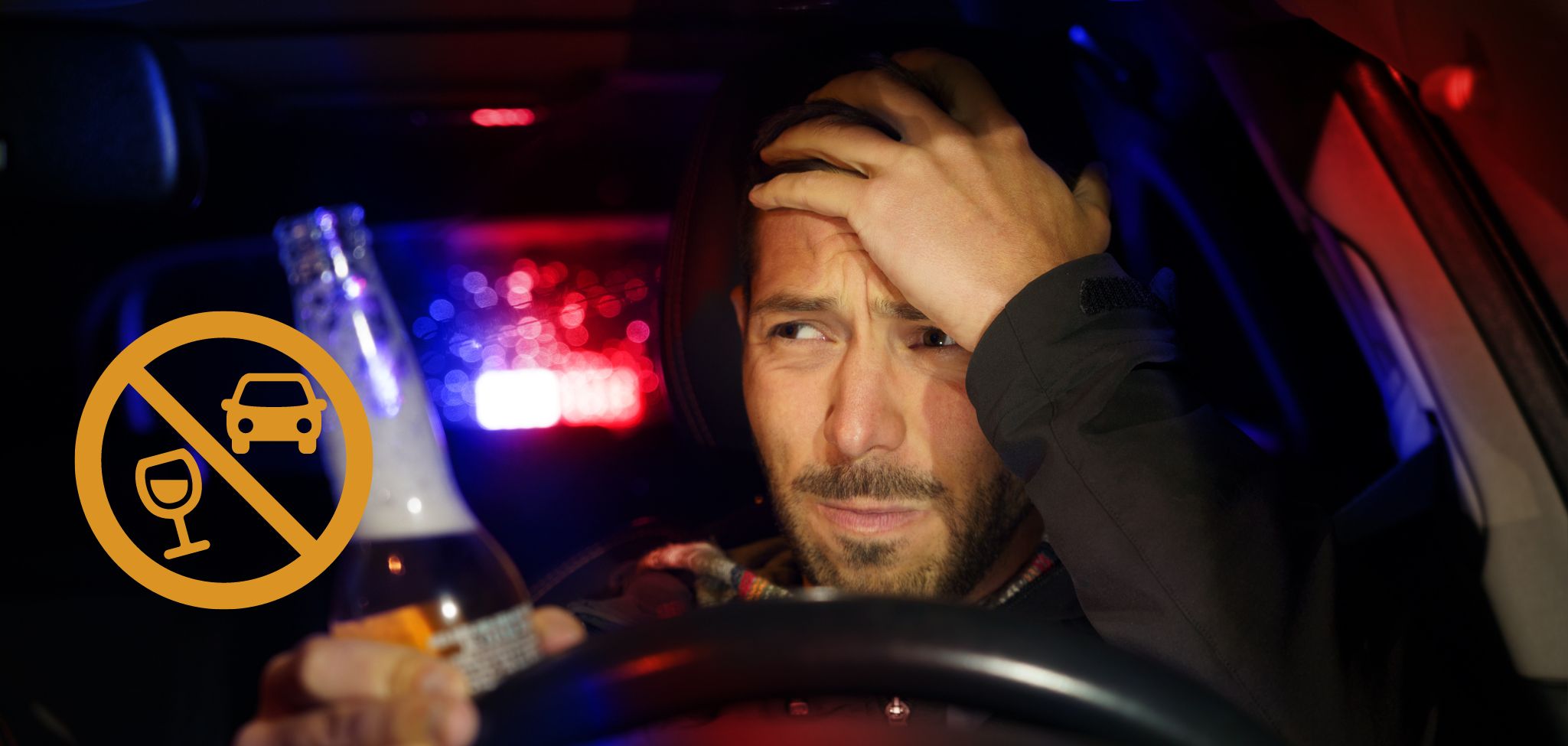It is important to understand the different types of suspensions in NSW. The core rests at whether the suspension is handed by the Police or whether it is handed by TfNSW. Police suspensions where you are charged with an over 45km/h speed for a full licence holder or an over 30km/h speed for a provisional licence or learner licence holder are covered in this article.
The powers of TfNSW and the Police to suspend your licence
The power of TfNSW (formerly RMS) to impact your life by suspending your licence is quite significant. Often people are caught unawares and pay a fine without giving it a moments thought only to be shocked when they get that envelope with a letter of suspension contained inside.
There are a multitude of reasons that the RMS can suspend your licence these are but just a few:
If you are a red P or a green P licence holder and go over your allotted points you will receive a letter of suspension which is generally for 3 months depending on the number of points accumulated. If your licence is being suspended for accumulation of points you will be offered a right of appeal to the local court. The advantage of the licence appeal in these circumstances is that the court has one of three options:
- They can deny the appeal and you will lose your licence for the allotted time allocated by the RMS,
- They can allow the appeal and you do not incur any suspension period, or
- They can vary the period and I have had cases where the court has not been prepared to allow the appeal but have varied the period from 3 months to two weeks for example.
If you have a full licence and you go over your allotted points you will receive a letter of suspension for a period of time but you should be offered a good behaviour licence for a period of one year. The problem with the good behaviour licence is that if you breach it, you will get a suspension for double the original suspension period. However that breach is only activated on payment of the fine or conviction by the court. Depending on the stakes the new potential breach charge may be worth defending for if not convicted or if dealt with under section 9 and 10 of the Crimes (Sentencing Procedure) Act with the offence being proven but the court not proceeding to conviction you will not be in breach of your good behaviour licence.
If you are breached for exceeding the speed limit by more than 30 km/h and you are not a learner or provisional licence holder you will get a 3-month suspension from the RMS on paying the fine. If you have been breached for an over 30 speed and paid the fine and the RMS have suspended you the above appeal scenarios as referred to for P plate drivers will apply.
This also used to be the case for an over 45 speed and the 6 month suspension but over time the government changed the appeal rights where to be successful you have to establish exceptional circumstances which is a much harder standard of evidence.
If you are breached for exceeding the speed limit by over 45 km/h you will receive a 6-month suspension from TfNSW if breached by speed camera. However if breached by police you will receive an immediate police suspension of 6 months at the roadside and potentially an impounding of your vehicle for 3 months. You still however have a right of appeal to the court. This immediate police suspension and exceptional circumstances appeal also applies to an over 30 speed if you are a learner or provisional licence holder for an over 30 offence.
Similarly you can receive an immediate police suspension for a charge of street racing, aggravated burnout offences, and drive manner dangerous charges.
TfNSW can also suspend your licence on medical grounds for which you also have a right of appeal in the Local Court.
Police Powers: On the spot licence suspension
The police powers are derived from Section 224 of the Road Transport Act 2013 NSW which allows police to immediately suspend a driver’s licence for many reasons including those mentioned above. The section also provides for an immediate licence suspension notice being given at any time within 48 hours of the driver/rider being served with a penalty notice or being charged for the offence concerned.
In that instance it is common practice for the police to issue an immediate roadside suspension based on the allegation only, which is for a 6-month duration for an over 45 speed and 3 month duration for an over 30 speed for a provisional or learner licence holder. So much for innocence until proven guilty. The other difficulty is that if you want to contest the charge by defending the matter in a Local Court the likelihood that you would have served your 6 or 3 months before you get your hearing date is very high. That is why we have to appeal against the police suspension whether we intend to challenge the infringement in court or pay the fine.
It used to be prior to immediate suspension being legislated that if you paid the fine on an over 45 you would receive a letter from the RMS suspending your licence. You had a right of appeal from that decision and all one had to establish is that you were a fit and proper person. When the government gave police the powers of immediate suspension they also narrowed the appeal rights. No longer could you be successful by establishing you were a fit and proper person, instead you had to establish exceptional circumstances. Courts have interpreted exceptional circumstances to be something that is extraordinary, unusual, and distinguishable from ordinary cases. This is a much more difficult standard and has been in my experience administered by Magistrates in different ways. For instance the basic premise, is that a need for a licence for work is not an exceptional circumstance. But in some cases I have run, they have allowed the appeal on that basis. The court can consider one factor or a combination of factors and it is always advantageous not to rely on just one if there are other issues available.
Often when looking at these cases and preparing them for hearing, I will investigate all aspects of the client’s work and personal circumstances. Some of the matters to consider though not exhaustive are as follows:
What does the client do for a living, is there anything in their employment which can be considered an essential service to the community, for example nurses, doctors, paramedics, trades people who are on call for hospitals, aged care etc.
Any medical conditions that require treatment and an inability to use public transport to get to that treatment.
The need to care for others who require treatment where there is no one else available to do so.
Or any other unique circumstances.
If there are valid considerations of this nature then I have the client obtain the necessary documentary evidence to support it.
If successful in this appeal you get to continue driving and can decide whether to contest the fine or pay the ticket. In the eventuality that one pays the ticket in my experience, as you have already been successful at appeal the RMS takes no further action.
What you need to prepare for your licence suspension appeal?
The power of Transport for New South Wales TfNSW (formerly RMS), an administrative body, to take away your licence is limited to some extent by the ability for the court to review their decision. The first thing to do when you get the letter from the RMS is to ensure you read it carefully and determine on what basis your licence is being suspended. The second is to check whether you have a right of appeal to the local court and thirdly if you do ensure that you attend the local court and lodge your appeal within the time provided.
The staff at the court will draft the document for you and then will give you a date. Before setting the date check with your lawyer to ensure that it is suitable to them, and the court will help you find a suitable date for all concerned.
Here is a generic and non-exhaustive list (as each case is different) that we get our client to do in preparing for the hearing:
- If it is a speed suspension and is not an exceptional circumstances appeal, (which have different requirements) I get my clients to take photographs of where the incident took place and if it is of benefit tender them into evidence in court. For example a speeding event on a three lane freeway or straight bit of country road is quiet different to speeding in a built up area or school zone and it provides the court with context.
- References, I will always get my clients to get personal references talking about my client’s good character. I normally review the draft references to ensure that they cover the issues. The referee should state that they know what the client has done and how they know them. Further, it is beneficial if they have driven with them to state what a cautious and attentive driver they are if relevant. But be aware if a referee says that you are a good driver who always obeys the road rules and you have an extensive traffic record a Magistrate may give little weight to the reference on the basis that the referee doesn’t know you very well. So sometimes less is more and I will often look for inconsistencies between what the referees say and the personal matters as they relate to my client before a magistrate picks the inconsistency and diminishes the strength of our case.
- A letter from your employer if you need your licence for work either because you have to drive for work such as truck drivers, courier drivers, tradies, and sales people. Or you may live in a remote location where public transport is non-existent and work odd shifts, which would mean that your ability to get to your job is seriously compromised. Courts appear to be less sympathetic to a persons need for a licence for work and this argument if relevant should be prepared carefully.
- If you have medical conditions that either restrict your ability to catch public transport or require attendances to various medical or rehabilitation appointments, this may be relevant. In these circumstances I get my clients to get the necessary medical reports addressing the issues as I see fit.
- Any other extenuating circumstances (such as sick family members) may be matters to be considered but again I look for what evidence is available or needs to be obtained to support the claim to the court.
- If you haven’t previously done so, it’s also a good idea to enrol and attend the traffic offender program TORP.
The above is by no means an exhaustive list and very much is determined by your cases circumstances. So it is often best to speak to a lawyer.
As stated in my earlier article in certain licence appeals the court has one of three options:
They can deny the appeal and you will lose your licence for the allotted time allocated by the RMS,
They can allow the appeal and you do not incur any suspension period, or
They can vary the period and I have had cases where the court has not been prepared to allow the appeal but have varied the period from 3 months to two weeks for example.

 (02) 8806 0866
(02) 8806 0866




